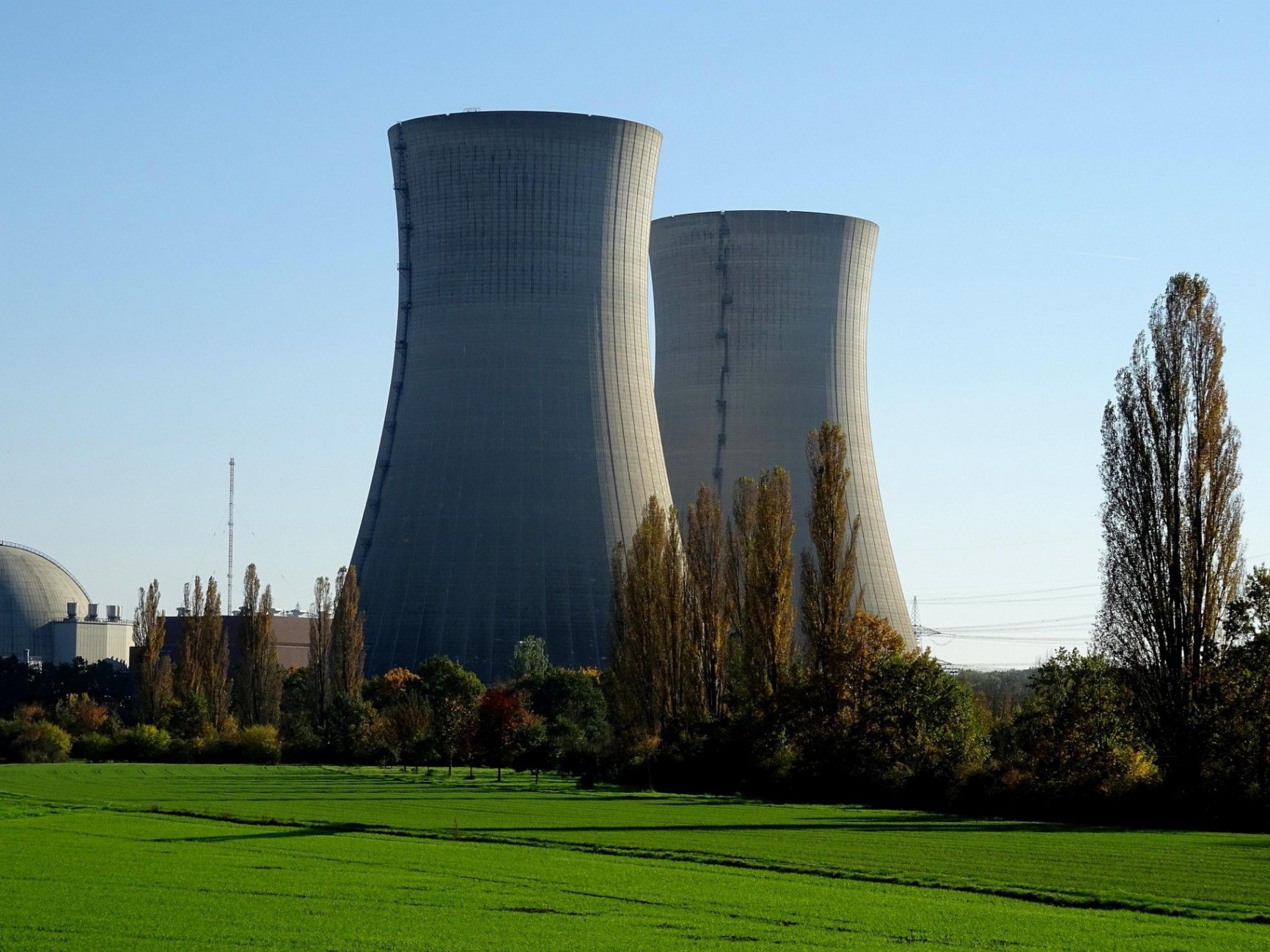One word that is constantly buzzing in the news related to Energy is Small Modular Reactor (SMR). With AI all around us, the energy demand is projected to grow with the data centres. As per Berkeley Lab, the US energy demand from data centres in 2023 stood at 4.4% of total US electricity and is expected to consume between 6.7% and 12% by the end of 2028.
Now, with a sudden increase in energy demand, the companies have been looking at alternatives, preferably avoiding fossil sources like coal and gas. Renewables might serve the purpose, but if required with faster turnaround and can work in various climates, nuclear energy ticks the box.
For starters, nuclear energy is a form of energy released from the nucleus, the core of atoms. This energy can be produced in two ways:
Fission — when a nucleus is split into several parts or
Fusion — when Nuclei (plural of nucleus) fuse together
Today, nuclear energy is harnessed to electricity via fission, while fusion is in R&D.
This fission-based nuclear energy is predominantly generated via the nucleus of uranium-235 or a radioactive element with similar atomic weight, splitting it into two smaller nuclei and neutrons, of which these neutrons further split uranium-235 to generate energy in the form of heat.
This heat is converted into electricity in a nuclear power plant, similar to how heat from a coal or gas power plant is converted into electricity (via water/ steam to spin a turbine).
The benefit of nuclear energy is that it produces a significant amount of energy that runs continuously for years, maintaining over 90% generation capacity, unlike solar or wind, for which the generation varies depending on the weather.
It’s not all roses when we speak about the nuclear plants. The safety and security when handling nuclear material and radioactive waste play a key role. And accidents like Chernobyl and Fukushima, which happened due to the complex process involved in generating nuclear energy, majorly failures in controlling the chain reaction, making nuclear energy difficult to adopt and scale.
And that’s where SMRs are becoming prominent.
Small Modular Reactor (SMR)
These reactors also generate electricity from nuclear energy.
But they are different from the large nuclear plants, wherein the SMRs produce a maximum of 300MW as compared to 700 MW or more from traditional nuclear plants. And most of these plants can be assembled from factory-made parts rather than building every component onsite, making it feasible to operate in small-sized lands and with lower access to water compared to traditional plants.

And there are different companies with their technologies to reduce complexity in the nuclear energy process and its reactors, like NuScale, TerraPower, Rolls-Royce and a few more developing technologies
Since these can be set up with lower complexities, companies like Google are ramping up efforts to build these reactors to fuel their AI ambitions, while Amazon is making significant investments in Virginia to power its data centres. This renewed focus is igniting significant changes in energy generation, economies and innovations themselves.
Add to this the fact that India plans to establish 3new reactors and collaborate with private players to explore SMRs.
And here’s another thing you can’t ignore. Investing in SMRs could divert funds away from tried and tested options like solar, wind and battery power systems. On the flip side, SMRs are a bit of an unknown because they’re still unproven.
But then, there is always a starting spot for something new, isn’t it?
As AI scales, so does its power demand on the data centres. And a reliable power source via SMRs might help reduce the environmental impact, which we are all already contributing to.

